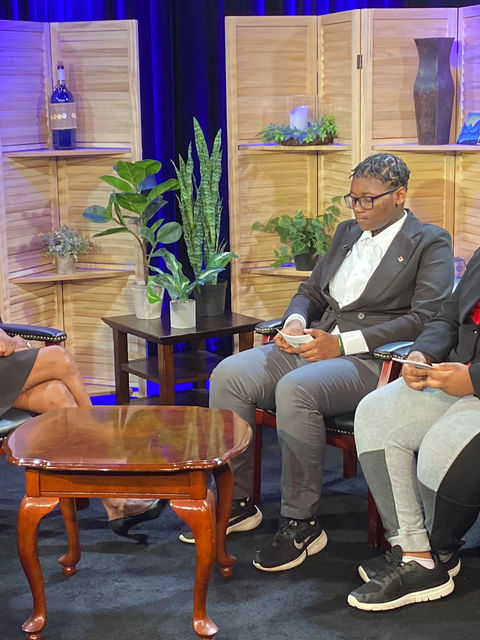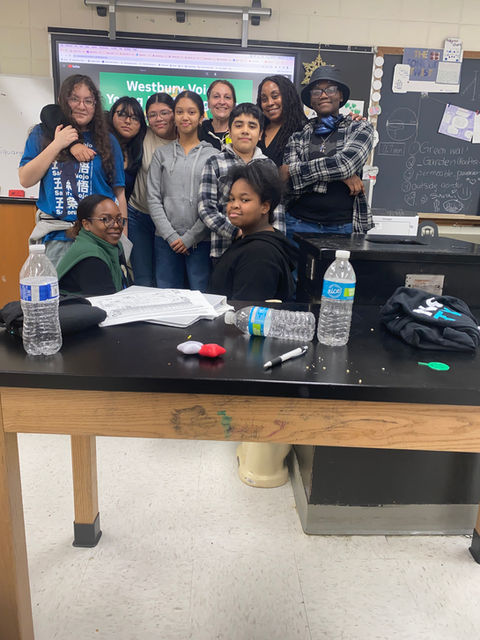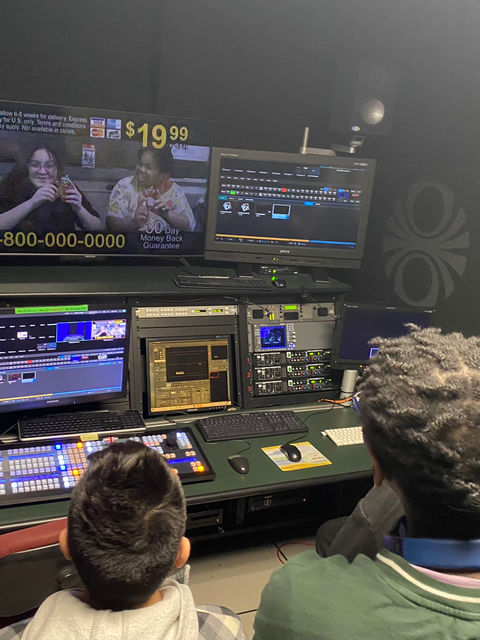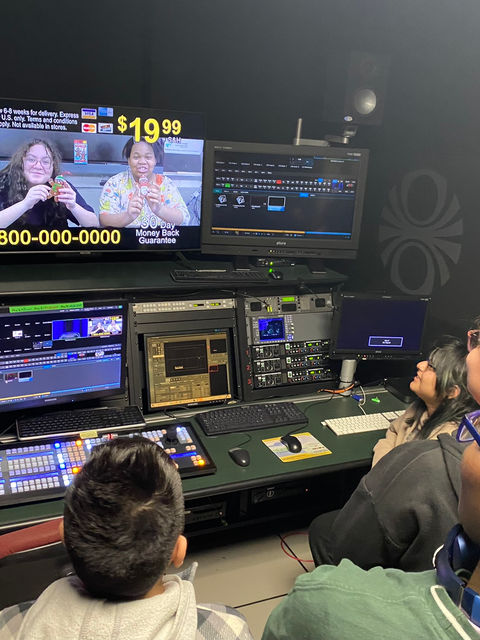The JoLa Youth Work Readiness Program is a new work readiness program where high school youth attend workshops, presentations/panel discussions, and TV studio training sessions.
The workshops include sessions on work etiquette, public speaking/presentation skills, interview and resume writing skills. Presentations are made by subject area and industry experts/professionals and will include topics such as “Careers in TV and Film," "A Day in the Life of a Film Director," “Budgeting,” and "How Does a Newsroom Operate?” The studio training includes instruction on how to use a camera, lighting, and editing equipment.
JoLa enters into partnerships with community organizations, which assist with recruitment of youth and programming, and through JoLa's partnership with a local Public TV Station (NSTV), participants receive TV studio training and more. Participants are made up of youth who identify as being members of one or more demographic populations that are underrepresented in the film and television industries and/or who live in historically under-resourced communities and/or areas on Long Island.
Our Winter 2024 JWRP Cohort
The JoLa Youth Work Readiness Program Endeavors To:

Increase
participant’s knowledge about careers in the Film and TV and other industries
Train
participants in using Film/TV equipment to produce news segments and other content
Enable
youth to strengthen their public speaking/presentation, leadership, and project management skills
Cultivate
shared learning experiences for youth, partners and community members
Foster
engagement in community service activities
Develop
a pipeline to internships and careers with growth potential in the TV and Film industries
Participants Will Be Exposed To Transferable Industry Skills:
Incorporating Social Emotional Learning
Outcomes & Evaluation
JoLa Films will use/administer pre- and post-program questionnaires (and meetings) to measure success. It will conduct an informational session – for parents and prospective teens – prior to commencement of the program (where it will provide information about the program prior to conducting interviews). Once the first cohort is selected, they will complete the pre-program questionnaire. At the conclusion of the program, participants will complete the post-program questionnaire and then attend a post-program feedback meeting. Based on the data collected and feedback received, we will assess the program and make changes and adjustments as needed.

Success is measured by the number of participants reporting that:
-
They completed the program
-
The program had a positive impact on them
-
They are now thinking more about taking on leadership roles in other areas of their lives (school, church, etc.)
-
There was an improvement in their general outlook regarding employment in the future
-
There was an increase in interest in pursuing college after HS (4-year degree)
-
There was an increase in interest in obtaining a career in the TV and Film Industries (behind the scenes)
-
They gained relevant workplace skills
-
They gained relevant technological skills
-
They have gained a greater sense of self
-
They have learned ways to regulate their emotions when faced with difficult circumstances/situations
-
Their capacity to notice another person’s struggles and/or suffering has increased
-
They have gained a greater understanding of how to work on challenging relationships
-
They have learned much about decision-making
.png)
























